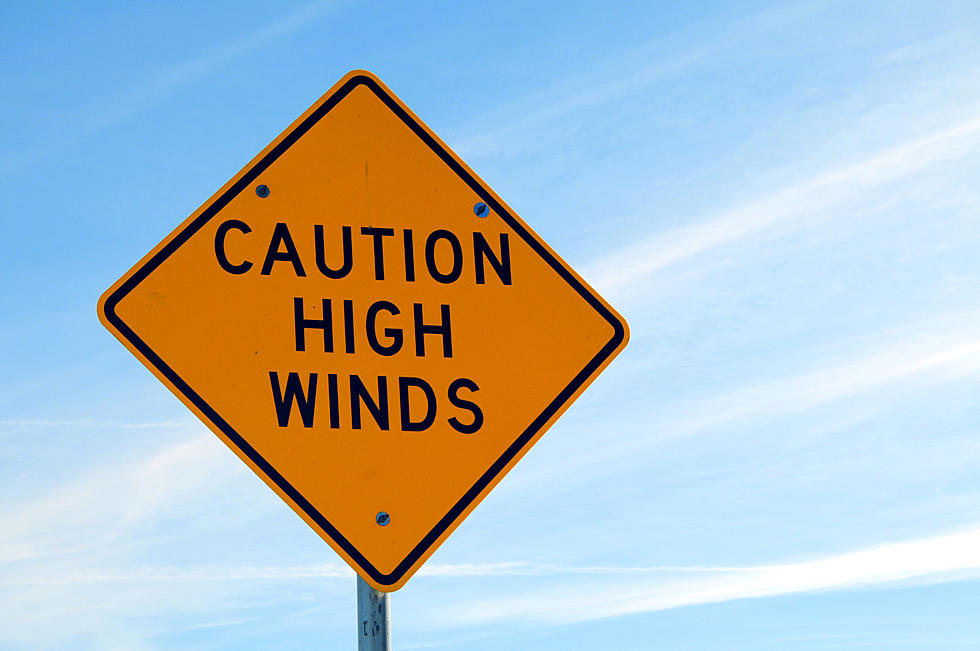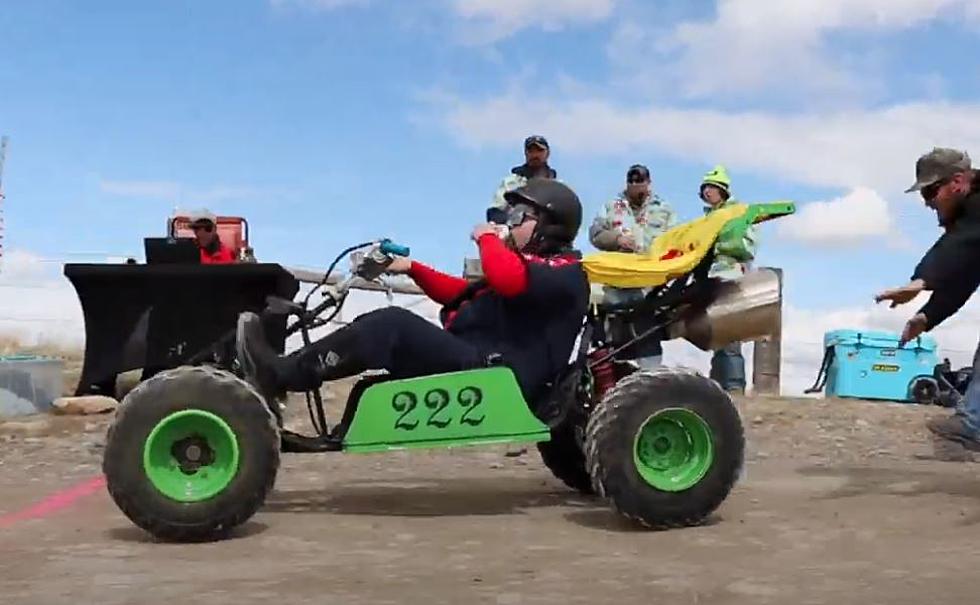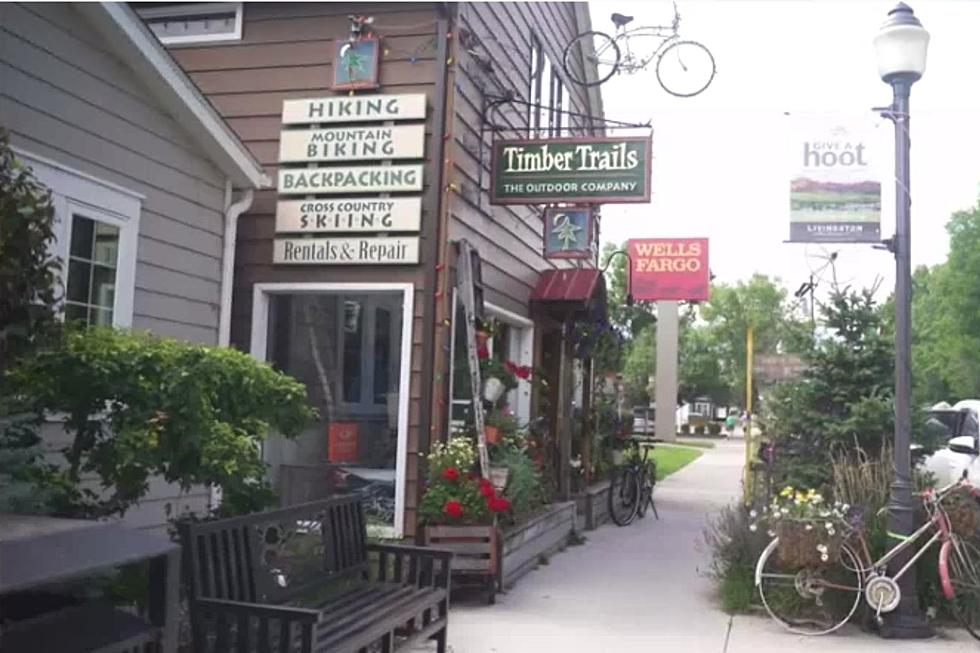
Unstoppable Winds Over 100 Miles per Hour Reported In Montana
I have never been fond of the wind. It has got to be one of my least favorite weather conditions. I can live with being drenched by rain or buried in snow. But, if I have to endure wind for any period of time, I go crazy.

In my family, there is a rule when we are spending time outdoors or on the boat. DO NOT SAY THE "W" WORD! It is a rule that I enforce almost more than any other rule on the boat. I will not tolerate someone saying the "W" word. My 9-year-old learned the hard way that it is not just superstition. This past spring, while fishing Holter Reservoir, my son thought it would be funny to repeat the word over and over. He did it just to see my reaction. But, little did he know, the "powers that be" heard him and granted his wish. We went from launching the boat on a mirrored lake to attempting to load the boat in 30 mph winds.
This past weekend, many Montanans traveled home from their Thanksgiving holiday. Well, apparently somebody let the "W" word slip. For me, traveling through areas like Big Timber and Livingston had me wondering if my car was going to take flight and land in Oz. With wind gusts well over 60mph, it was hard to keep the car on the road. But some areas of Montana had it even worse, with folks traveling on I-15 being warned of power outages, downed trees, and flying debris.



